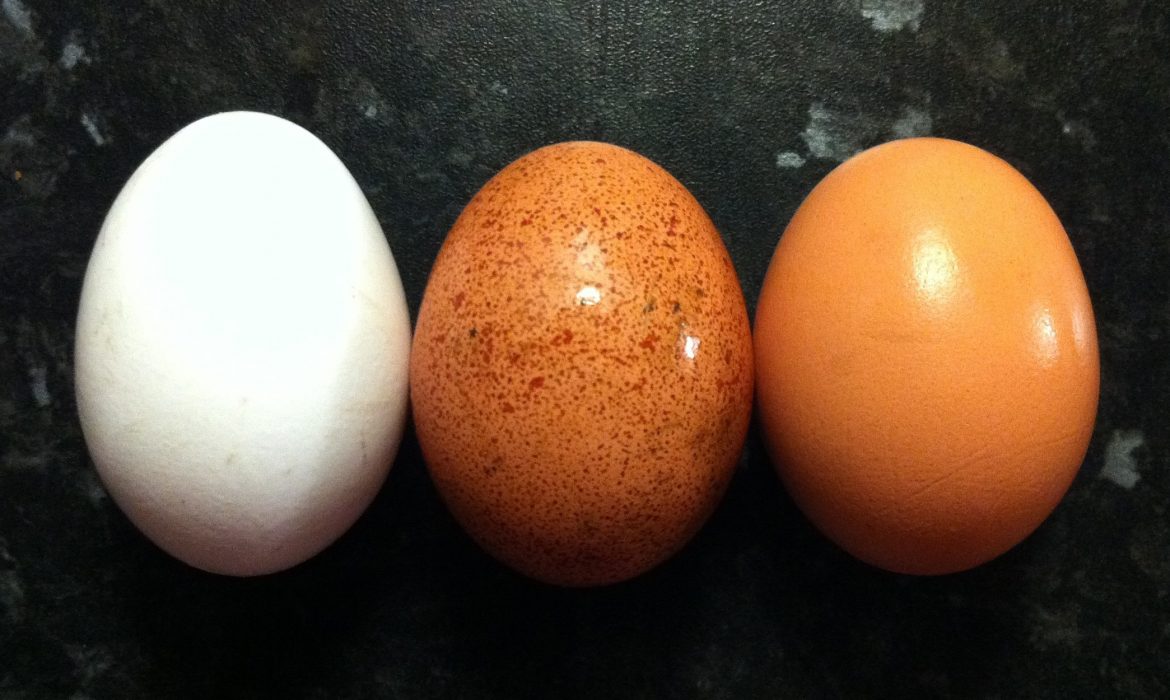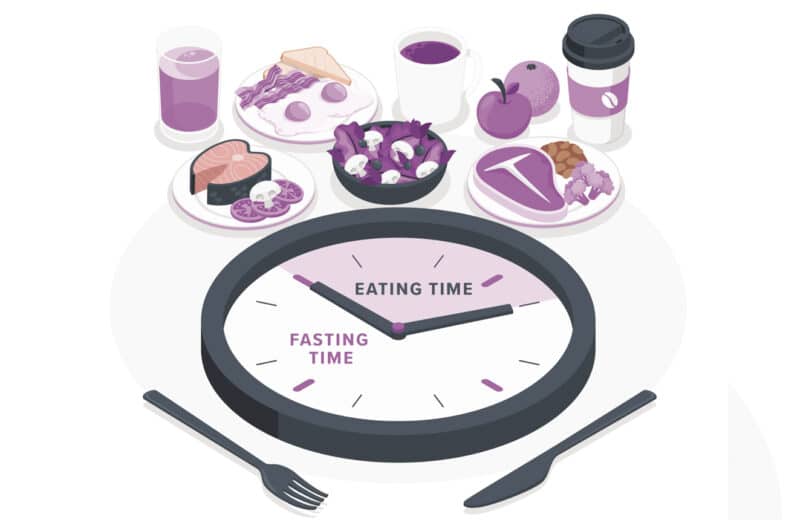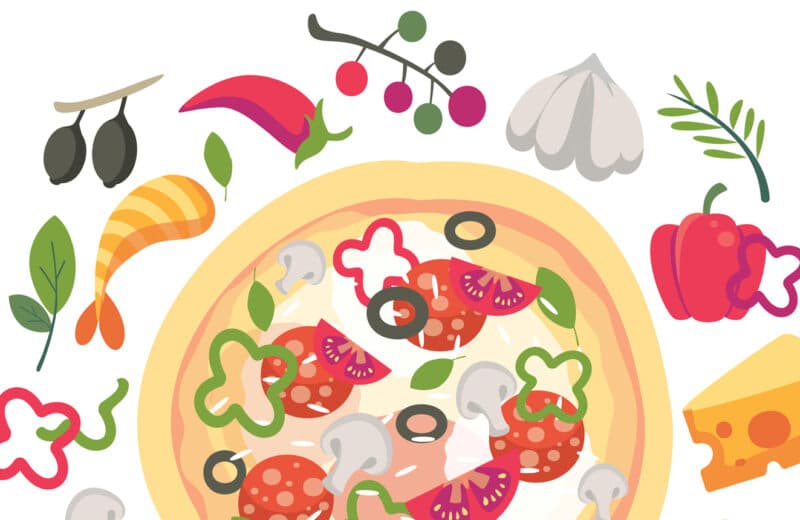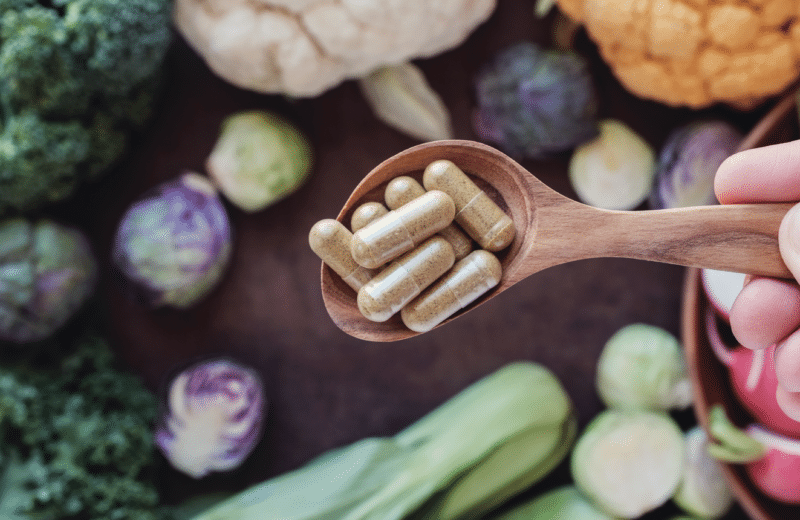By Megy Karydes
We’ve been led to believe some foods are bad for our health because of what they contain: dairy, carbs or caffeine. Rene Ficek, registered dietitian and lead nutrition Expert at Seattle Sutton’s Healthy Eating, dispels the myths commonly associated with six foods that often get a bad rap.
Eggs: In the early 90s, health experts believed that dietary cholesterol (like that in eggs) directly affected blood cholesterol levels. What changed? “Believe or not, eggs are a heart healthy food,” says Ficek. She points to research from the American Heart Association and other health organizations that have not only disproved this theory but concluded that saturated fat in foods rather than dietary cholesterol significantly affect our blood cholesterol and heart health more than dietary cholesterol itself. “So now eggs can absolutely be an important part of a healthy diet,” adds Ficek. “Whole eggs can provide a variety of vitamins and minerals, and when eaten in conjunction with a hearty healthy diet, like the one we serve at Seattle Sutton’s Healthy Eating, whole eggs fit within heart-healthy guidelines.”
Potatoes: “Potatoes are notorious for being high in carbs, calories and starch, but they are also fat free, contain fiber and are packed full of nutrients,” says Ficek. She says potatoes are surprisingly rich in immune-boosting vitamin C, a medium potato with the skin provides 27mg, almost half of the recommended daily intake. As if those weren’t enough reasons for us to once again enjoy the spud, turns out they are also a rich source of vitamin B, folate and minerals such as potassium, magnesium and iron. “They are considered heart healthy because they are full of flavonoids, which protect against cardiovascular disease, while lowering levels of bad LDL cholesterol,” Ficek says. For the best health benefit, she advises to keep the skin on when you eat them and to remember that since potatoes act like a sponge for unhealthy ingredients, it is important to cook or roast them with heart healthy fats like olive oil, herbs and spices rather than butter, sour cream and salt.
Cheese: The fat and calorie-filled cheese has been shunned by many looking to lose weight. Ficek doesn’t agree. “Cheese has a bad reputation for being a fattening, heart-threatening food choice, but there are many cheeses that offer these nutrients without being too high in saturated fat,” she says “Cheese is a great source of protein, calcium, zinc, phosphorus and biotin. Since protein curbs hunger and keeps you feeling satisfied after meals and snacks, cheese can actually help you to lose weight.” She recommends mozzarella, swiss and cottage cheese because they offer healthy nutrients without adding excessive amounts of saturated fats.
Coffee: A favorite topic of debate; does it or doesn’t it have any health benefits? Ficek says, drink up. “The health benefits of coffee have been argued for years and years,” she admits. “But this controversy should be put to rest. Coffee is a very nutritious drink. The potential health benefits associated with drinking coffee include: protecting against type 2 diabetes, Parkinson’s disease, liver disease, liver cancer and promoting a healthy heart.” According to Ficek, coffee is the number one source of antioxidants in the U.S. In fact, Americans get more of their antioxidants from coffee than any other dietary source. Nothing else comes close. And more good news, coffee is basically calorie free, she says. Add sugar and milk, though, and calorie count can shoot up.
Cauliflower: How many times have we heard “Don’t eat white foods?” Well, believe it or not, white food can be very nutritious without adding a lot of calories to the diet, says Ficek. “One cup of raw cauliflower contains only about 30 calories and is very high in the antioxidant vitamin C, which is required for the growth and repair of tissues in all parts of your body, and necessary for the formation of collagen, used to make skin, scar tissue, tendons, ligaments and blood vessels.” This particular cabbage also offers a healthy dose of potassium, fiber and folic acid and contains a sulfur compound called isothiocyanate that protects health and prevents disease. Don’t dismiss this white food.
Guacamole: Can a food this high in calories be good for us? Ficek says, in general, it’s quite healthy as long as we are mindful of portions. “It is made mostly from avocados, which really is one of the healthiest foods you can eat,” she notes. “Avocados contain a high concentration of vitamins, nutrients and a beneficial ratio of heart healthy fats. Guacamole gets a bad rap for being high in calories, which it is, but offers a lot of nutrition for the calories you are eating. Considering it is high in calories, it is important to watch portion size and, of course, what you are eating with it.” Rather than a dip for wraps and sandwiches, Ficek recommends eating guacamole as a spread.
These are just six items that we love to eat but are often associated with little or no nutritional value, yet Ficek reminds us that food can be healthy and nutritious as long as we’re mindful of portions and become better-educated consumers.













